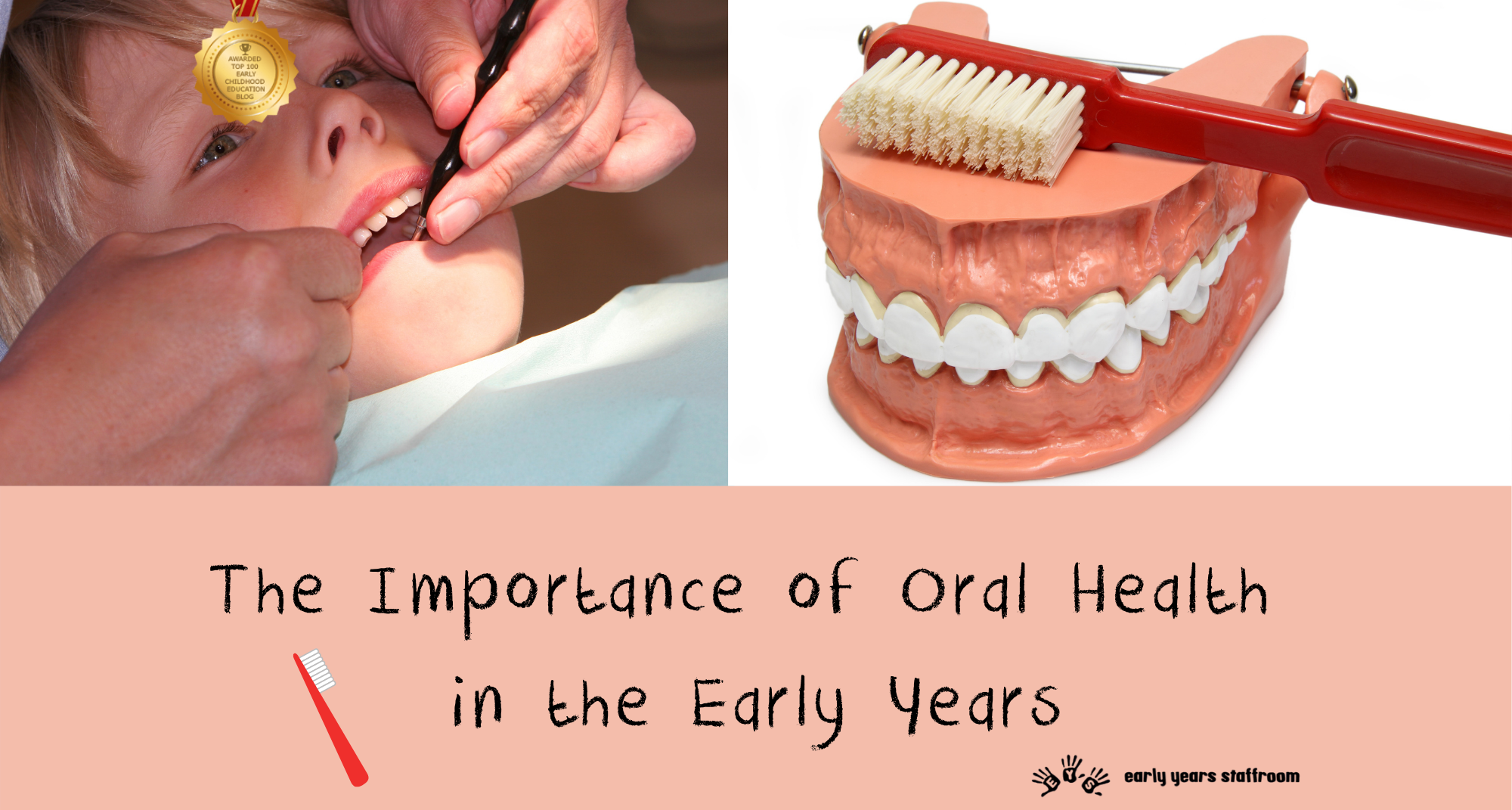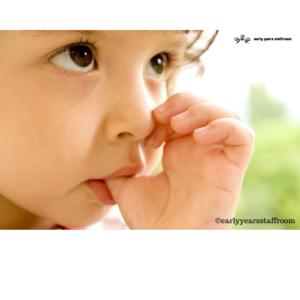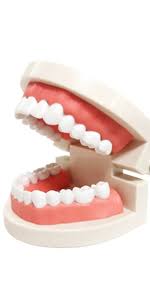The Importance of Oral Health in the Early Years
By Sarah Detheridge
So much of our health begins in our mouth! The health of our gums and teeth is directly connected to our heart health and our immune health.
The above quote may sound surprising to some, but the latest amendment to the Statutory framework for the early years foundation stage 2021 requires providers to ‘promote the good health, including oral health, of children attending the setting’ (Section 3 – The safeguarding and welfare requirements: Health: Medicines 3.45)
We, as practitioners have a safeguarding duty to ensure children are aware of the need to brush their teeth regularly (some settings are providing a tooth brushing programme, but we are not required to do this). Children need to be aware of the need to visit the dentist regularly and we can work in partnership with parents to support this. We can also discuss the importance of making healthy choices at mealtimes.
According to the Local Government Association ‘many children experience problems at a young age – nearly a quarter of five-year olds have decayed, missing or filled teeth and children from deprived areas have more than twice the level of decay than children from the least deprived areas. It means tooth decay remains the most common reason for hospital admission in children aged six to 10, with those from deprived areas most likely to suffer problems. Dental treatment under general anaesthetic presents a small but real risk of life threatening complications. What is more, poor oral health can affect children’s ability to sleep, eat, speak, play and socialise with other children. It can disrupt school attendance and lead to parents needing to take time off work’
Oral health is therefore ‘essential to general health and well-being and greatly influences our quality of life’ (WHO/Europe Oral Care)
Teeth are one of the major milestones in life. They begin to develop before birth, but in most cases do not come through until between 6 – 12 months. By the age of 3 most children a full set of 20 milk teeth. No sooner do they appear, they then start to disappear by the age of 5 or 6 to make way for the adult set. From the painful and often miserable time of teething to the excitement and wonder of the ‘tooth fairy’, the topic of teeth is always discussed in the home, at parent groups and childcare settings across the world.
The act of thumb-sucking is often a contentious issue. Being a natural reflex it often has a soothing effect on calming children. It can even be captured on ultrasound scans, however we have to be aware that it can develop into a long habit and it has been known to have a detrimental effect on children’s oral health. Likewise, the prolonged use of dummies and bottles can also impact the oral health of children. Whilst not wanting to ‘preach to parents’, offering support and increasing awareness is something we can do as practitioners.
If a child is starting to develop a habit it may be wise to chat to the parent on ways to support them. The Oral Health Foundation have resources online to help with this. In addition to this, they also have a free package called ‘Dental Buddy’ which is suitable for Early Years, Key Stage One and Two.
What we can do in practise?
- Work closely with parents by encouraging them to Phone 111 for advice.
- Support parents in finding a dentist.
- Although all children are entitled to free dental care on the NHS, some families prefer to have the whole family treated privately. Check-ups for under 5’s are free as ‘Bupa Dental Essentials’ patients.
- At Early Years Staffroom we have an Oral Health PowerPoint especially designed for parents to access further help and find out more about the importance of looking after their child’s teeth.
https://www.earlyyearsstaffroom.com/product/oral-health-powerpoint-for-parents/
- Some settings have a large 3D model of teeth that can be referred to as a demonstration for brushing, talking about wobbly teeth and learning new vocabulary such as incisors, molars and tonsils.
- The role play area can be transformed into a dental surgery, or even contain a large scale mouth where the children can help label the parts.
- Sing songs such as ‘Brush your teeth’ (interactive version – https://www.bbc.co.uk/teach/school-radio/nursery-rhymes-brush-your-teeth/zv33hbk), ‘Kids Just Love to Brush’ from Sesame Street and ‘This is the way we brush our teeth’.
There are many stories available to share with children or recommend to parents such as ‘Going to the Dentist’ (Usborne First Experiences) by Anne Civardi, ‘Open Wide… What’s Inside’? by Alex and Helen Rushworth and ‘How to Brush Your Teeth’ With Snappy Croc by Jane Clarke and Georgie Birkett
- Talking, modelling and making healthy choices at snack and meal times and encouraging water and milk to drink rather that sugary juices
- Play board games such as ‘The Magic Tooth Fairy’ or ‘The lunchbox game
- Using resources from Change4Life – https://www.nhs.uk/change4life
- A visit to your setting from a Dentist can also help raise awareness of the importance of caring for teeth
Many of the above activities and ideas should help in making links to Development Matters such as Health and Self-care, Number ( for e.g., counting teeth and using a timer to show how long to brush for), Shape, Space and Measures and People and Communities.
References
https://www.dentalhealth.org/dentalhelpline (The Oral Health Foundation)
Development Matters Non-statutory curriculum guidance for the early years foundation stage Department for Education (First published September 2020, Revised July 2021)
www.euro.who.int/en/health-topics/disease-prevention/oral-health
https://www.goodreads.com/work/quotes/58054493-essential-oils-handbook-recipes-for-natural-living
https://www.nhs.uk/change4life/food-facts/sugar
Statutory framework for the early years foundation stage: Setting the standards for learning, development and care for children from birth to five Department for Education (31st March 2021)
Blog by – Sarah Detheridge ©earlyyearsstaffroom.com 2021












